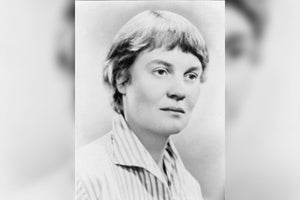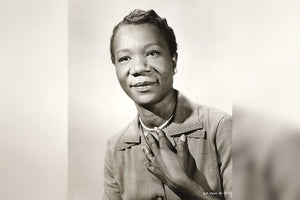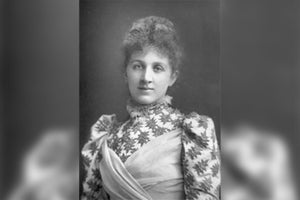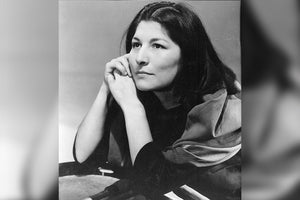Mary McLeod Bethune was an educator, civilrights activist and government official.
She was known as the “First Lady of the Struggle,” because of her dedication to improving the lives of African Americans.
She also fought for women’s rights, establishing the National Council for Negro Women in 1935.
5 facts about Mary McLeod Bethune:
Mary Jane McLeod Bethune was born in South Carolina. Her mother and father were once slaves. When Mary was born, they worked as farmers and were paid.
Mary McLeod Bethune was president of the Florida National Association of Colored Women. She worked to get many black people registered to vote. Bethune also started the National Council of Negro Women. Their focus was to improve the life of African American women and the places where they lived.
In 1904, Mary McLeod opened a school in Florida. It cost $1.50 to start the school. She had five African American girls attend her school. The school grew because she was such a good teacher. Mary hired other teachers to teach the students.
The school started as a grade school and ended up being a college. Mary McLeod became the president of Bethune-Cookman College.
Mary McLeod went to school in a one-room schoolhouse. This was very rare for a young black girl. Black children were not able to go to school.
Mary McLeod Bethune Quotes:
“Invest in the human soul. Who knows, it might be a diamond in the rough.”
“The whole world opened to me when I learned to read.”
“Without faith nothing is possible. With it, nothing is impossible.”
Biography:
Mary was born on July 10, 1875, to former slaves in Mayesville, South Carolina. She was one of 17 children.
As a child, Mary followed her mother to deliver white people’s laundry and was allowed to enter the rooms of white children. One day, she picked up a book and began to open it. A white child snatched it from her, screaming that Mary had no use for the book as she could not read.
Mary had no use for the book as she could not read. This experience had a long
lasting impact on Mary, as she realized the only difference between her and white people was education. This inspired her to learn. Fortunately, a schooling opportunity appeared, when a missionary opened a school near her home. Mary was so happy,and didn’t mind walking the five miles to getthere.
Achieving good grades, Mary received a scholarship at Scotia Seminary School for Girls in North Carolina. When she graduated in 1893, she had hopes of becoming a Missionary in Africa, but was told she was not needed. Instead, Mary enrolled at the Moody Bible Institution and graduated two years later.
Mary as a Teacher
Mary believed in the power of education, and saw how it could improve the lives
of African Americans, especially those of women. She returned to the South and began her career as an educator. Here, she met and married her husband, Albertus Bethune in 1898 and they had a son called, Arthur. Sadly, they separated in 1907.
In 1904, the Daytona Normal and Industrial Institute for Negro Girls was founded. At itsbeginning, there were only five students.Two years later, the school was home to 250 students.
In 1923, it merged with the Cookman Institute for Men, and became the Bethune- Cookman College. It was one of the few schools where an African-American could get a college degree.

Mary McLeod Bethune with girls from the Literary and Industrial Training School for Negro Girls in Daytona,
Mary as an Activist
Mary believed in the vital role women played in the improvement of the lives of black families.
In 1935, she founded the National Council for Negro Women in New York. The goal of the organisation was to empower women, and champion their interests.
Mary as the Advisor
Mary was the first African American woman to work alongside any president in the White House. Her most significant work was with President Franklin D. Roosevelt’sNew Deal Government.
After working on his campaign in 1932, Mary was invited to be a member of theBlack Cabinet. She advised the President on issues and concerns of the AfricanAmerican community.
In 1936, she became the Director of the Division of Negro Affairs of the National Youth Administration. Here she fought for the increase of job opportunities for young people. In addition to these achievements, she was also a trusted friend ofFranklin and Eleanor D. Roosevelt.
Mary as the First Lady of the Struggle
There were many people who did not like what Mary was doing. They especially disliked her thoughts on race segregation and gender equality. This made her a target of many extremist groups, including the Ku Klux Klan. But Mary never gave up and remained focused.
Before and after her death in 1955, Mary was honoured by her peers andcommunity. In 1974, she became the first black woman and leader to have a monument in Washington DC.
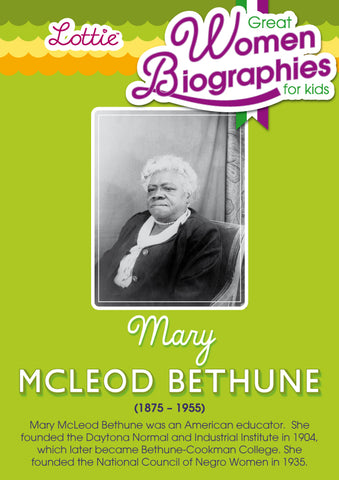
Download this biography for kids
Mary McLeod Bethune biography for kids: Mary McLeod Bethune was an American educator. She founded the Daytona Normal and Industrial Institute in 1904, which later became Bethune-Cookman College. She founded the National Council of Negro Women in 1935.
![]() Fast Shipping
Fast Shipping![]() Subscribe to our Newsletter
Subscribe to our Newsletter![]() 🌟 New Global Competition 🌟
🌟 New Global Competition 🌟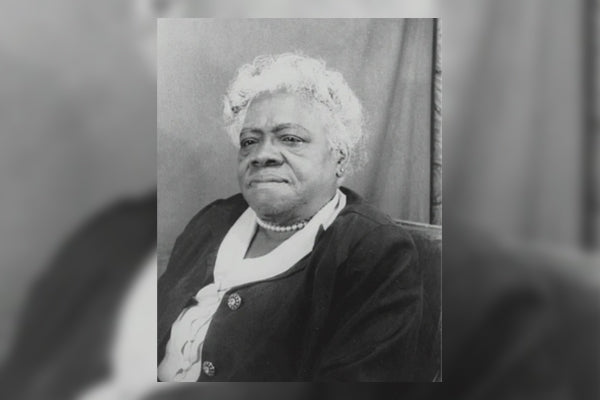










 `
`

